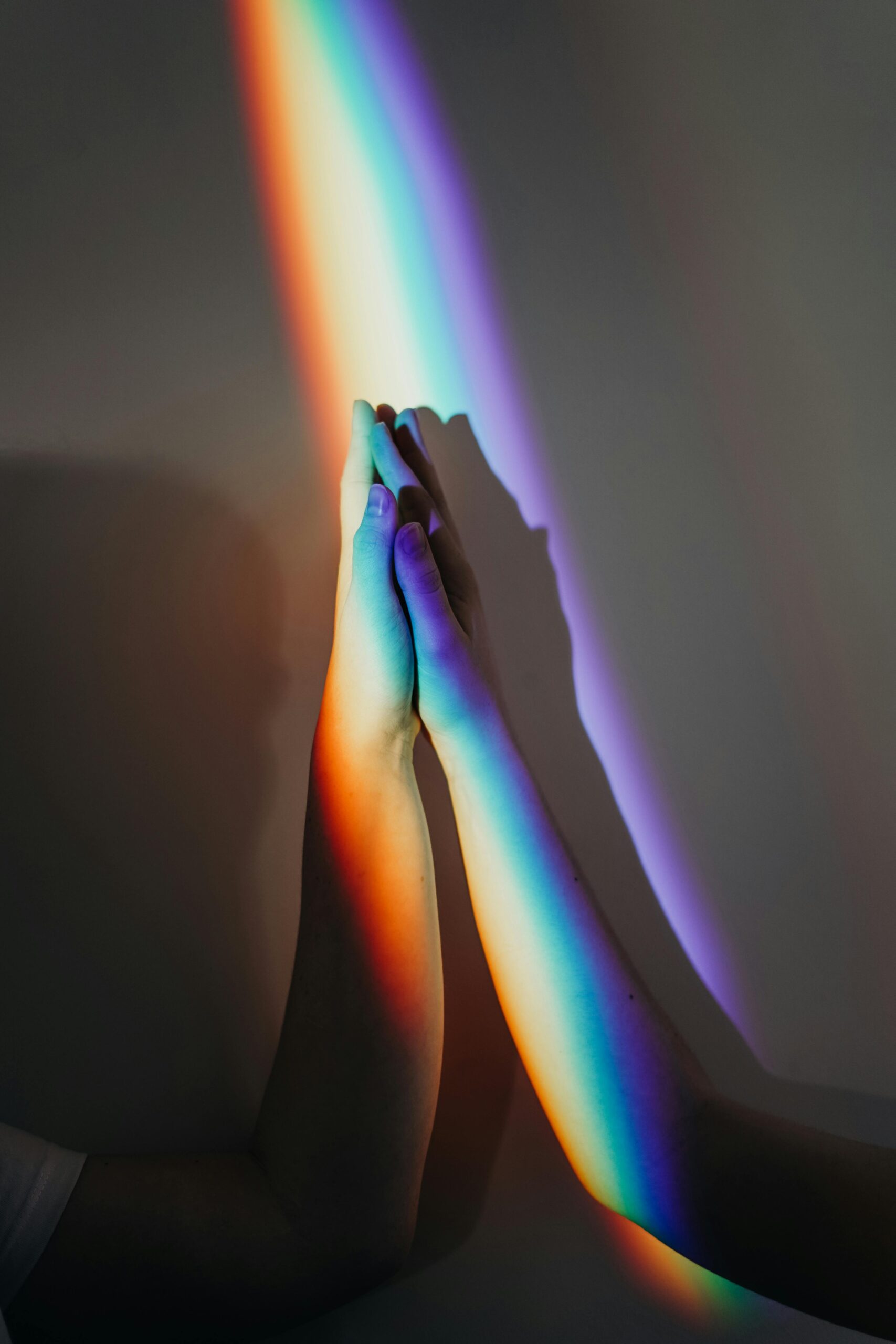The Spotlight’s Double Edge: Fame, Love, and Scandal in K-Pop
In the glittering world of Korean entertainment, celebrity relationships and scandals are more than just gossip—they’re cultural phenomena. The private lives of K-pop idols, actors, and variety stars are dissected with fervor by fans and media alike, blurring the line between public persona and personal reality. While some scandals fade quickly, others spark nationwide debates, career upheavals, and even mental health crises. This article delves into the mechanisms behind these scandals, exploring how media scrutiny, fan culture, and industry pressures intertwine to create a high-stakes environment where love and missteps become front-page news. From clandestine dating rumors to legal battles over defamation, we unpack the complexities of navigating fame in South Korea’s hyperconnected society.
The Anatomy of a Scandal: Media, Fans, and the Rumormill
Korean tabloids and fan communities operate like well-oiled machines, turning whispers into headlines. Outlets like Dispatch famously expose celebrity relationships on symbolic dates (e.g., New Year’s Day), while online forums dissect every social media post. Fans, meanwhile, are both protectors and perpetrators: “sasaeng” (obsessive fans) stalk idols, while fan clubs often dictate career consequences. The 2019 Burning Sun scandal, involving Seungri of BIGBANG, revealed how deeply scandals can entangle legal, moral, and industry systems, leading to permanent career fallout.
Love as a Liability: Dating Bans and Secret Relationships
Many agencies enforce unofficial “dating bans” to maintain idols’ marketability as attainable figures. When relationships surface—like HyunA and Dawn’s 2018 reveal—backlash can be swift. However, younger generations increasingly push back, applauding stars like BLACKPINK’s Jennie, who normalized discussing dating under scrutiny. This shift reflects a tension between traditional idol culture and evolving public attitudes, where secrecy often fuels more speculation than transparency.
Cyber Vigilantism: Cancel Culture in the Digital Age
Social media amplifies scandals at lightning speed. A single allegation—such as bullying accusations against (G)I-DLE’s Soojin—can trend globally within hours, regardless of evidence. Netizens demand accountability through hashtags and boycotts, but misinformation spreads rapidly. Legal repercussions follow: stars like EXO’s Chanyeol have sued defamers, while others, like actor Kim Seon-ho, saw careers rebound after public sympathy shifted.
Scandal Recovery: PR, Redemption Arcs, and Second Chances
Recovery strategies vary. Some stars lay low, like Park Yoo-chun after his drug scandal, while others reinvent themselves. Apology letters, variety show appearances, and military enlistment (e.g., TOP of BIGBANG) are common tactics. Agencies increasingly prioritize mental health support, as seen with SM Entertainment’s counseling initiatives post-Sulli’s passing. Yet, redemption is never guaranteed in an industry that thrives on perfection.
Navigating the Noise: A Conclusion
Korean celebrity scandals reveal a society grappling with the cost of fame. While media and fans drive demand for transparency, the human toll—mental health struggles, fractured relationships—remains stark. As the industry slowly adapts, with stricter cyber laws and mental health advocacy, a question lingers: Can fandom evolve from ownership to empathy? For now, every scandal underscores a fragile balance between public curiosity and private humanity, reminding us that behind the headlines are individuals navigating an unforgiving spotlight.
